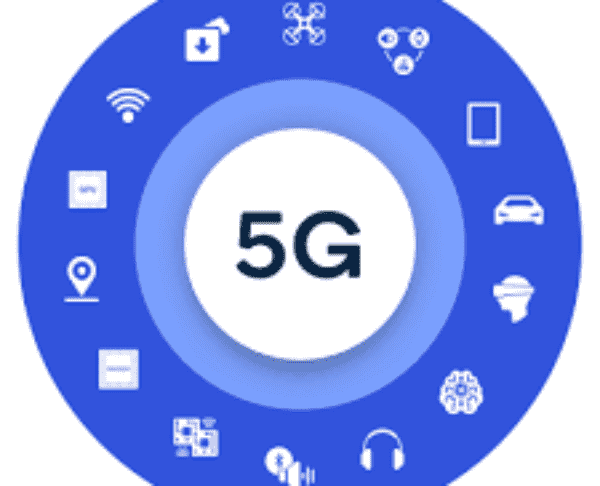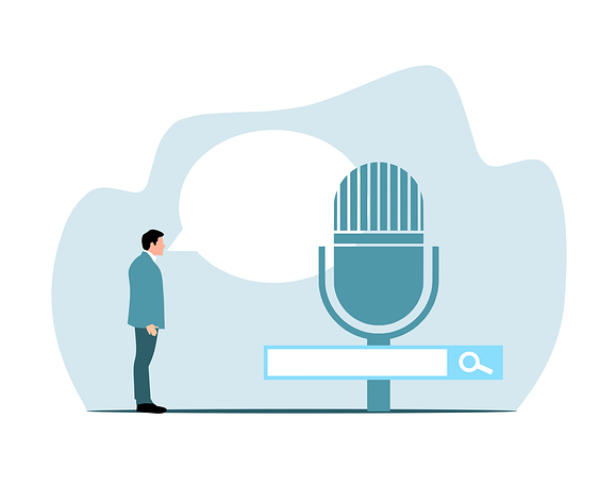In the realm of education, technology has revolutionized the way we learn and teach. One of the most significant transformations is the advent of personalized learning through educational technology (EdTech). This innovative approach tailors educational experiences to individual students, catering to their unique needs, interests, and learning styles. In this article, we’ll explore how EdTech is reshaping the landscape of personalized learning, making education more effective, engaging, and accessible.
Personalized Learning: A Paradigm Shift
Traditional one-size-fits-all education often fails to address the diverse strengths and challenges that students bring to the classroom. Personalized learning seeks to change this by leveraging technology to tailor educational content and experiences to each learner’s specific requirements. EdTech plays a pivotal role in realizing this vision.
The EdTech Advantage in Personalized Learning:
- Adaptive Learning Platforms: EdTech platforms utilize sophisticated algorithms to assess a student’s progress and adapt the learning content in real-time. This ensures that each student receives instruction at their own pace, promoting deeper understanding.
- Customizable Content: Educational technology enables educators to create and deliver customized learning materials, allowing students to explore subjects they’re passionate about while filling gaps in their knowledge.
- Engaging Multimedia: Interactive videos, simulations, and gamified activities make learning engaging and enjoyable, catering to different learning styles and enhancing retention.
- Data-Driven Insights: EdTech generates data on students’ learning patterns and performance. Teachers can analyze this data to provide targeted interventions and support.
- Flexible Learning Paths: Students have the freedom to choose their learning paths and explore subjects beyond the confines of a traditional curriculum, fostering curiosity and autonomy.
- Inclusive Learning: EdTech tools can be designed with accessibility in mind, ensuring that learners with diverse abilities can fully engage with the material.
Transforming Education: Real-Life Applications
- Personalized Learning Plans: EdTech platforms enable teachers to design individualized learning plans for students, addressing their strengths, weaknesses, and interests.
- Differentiated Instruction: Educators can provide varied content and tasks that cater to each student’s readiness level, ensuring optimal challenge and growth.
- Flipped Classrooms: EdTech facilitates flipped classroom models, where students learn foundational concepts through online resources at their own pace, freeing up class time for deeper discussions and problem-solving.
- Language Learning: Language learning apps use EdTech to adjust lessons based on a student’s proficiency, ensuring gradual progression and mastery.
- Special Education: EdTech offers personalized tools for students with special needs, adapting content and activities to accommodate diverse learning requirements.
Challenges and Future Prospects
While EdTech’s potential in personalized learning is vast, challenges such as equitable access, data privacy, and effective teacher training need to be addressed. As technology evolves, the future holds promise for even more sophisticated AI-driven platforms, augmented reality for immersive learning, and increased collaboration between educators and technologists to design effective learning experiences.
Conclusion
The fusion of education and technology has ushered in a new era of personalized learning, transforming the way students engage with content and educators interact with learners. EdTech empowers learners to take charge of their education, cultivating a lifelong love for learning. As we continue to harness the power of technology, we inch closer to an educational landscape that caters to the individual, fosters curiosity, and equips students with skills needed for the challenges of the future.




